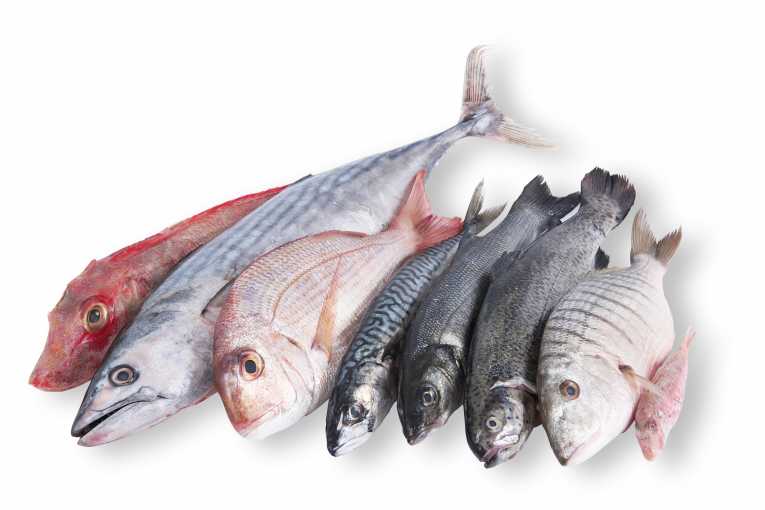Today, America celebrates its independence from British colonisers; yesterday the European Union celebrated a less happy independence, as European consumers became dependent on imported seafood.
A report from OCEAN2012 and the new economics foundation says that the need to import seafood to the union comes six days earlier than it did last year.
The reason is simple, EU waters are so depleted that the continent can no longer rely on production of fish - a renewable resource - from its own waters to meet demand.
The report, Fish Dependence: The Increasing Reliance of the EU on Fish From Elsewhere says that European waters are losing species more quickly than they can be replaced, leading to increased imports and longer trawls for boats from the continent to find their catches.
"The EU has the largest and used to have some of the richest fishing grounds in the world, but we have failed to manage them responsibly," said Uta Bellion, of the Pew Environment Group's European Marine Programme.
"To satisfy Europeans' increasing appetite for fish, overfishing is now being exported to other parts of the world. Restoring the health of Europe's stocks to levels where they can be fished and consumed sustainably is the obvious way to stop this trend," Bellion, also OCEAN2012 coordinator, added.
The research found that if Europeans ate only fish from EU waters then the supply would run out on July 2.
The league of depletion puts Portugal at the top, running out of its own fish on April 26 with Germany the day after. Then it's Italy, Spain and France with the UK lasting until July 16 on native stocks.
"This report emphasises that if people want sustainable seafood, they must pressure decision-makers to reform the EU's Common Fisheries Policy with an eye on ensuring the long-term viability of European fisheries," Bellion said.
"Eating more fish than what EU waters can produce is gambling with the future of fish stocks and fisheries-dependent communities, putting at risk jobs and livelihoods in the EU and beyond," said Aniol Esteban of the new economics foundation and co-author of the report.
Top Image Credit: © Giuseppe Porzani










